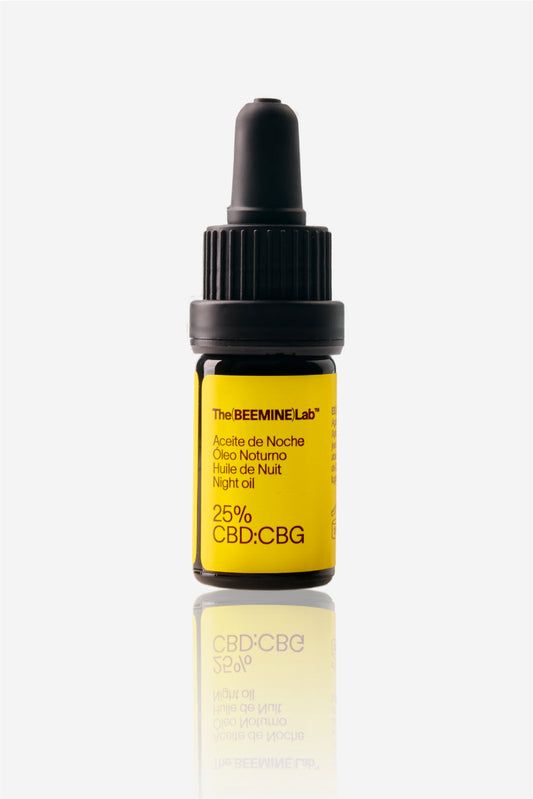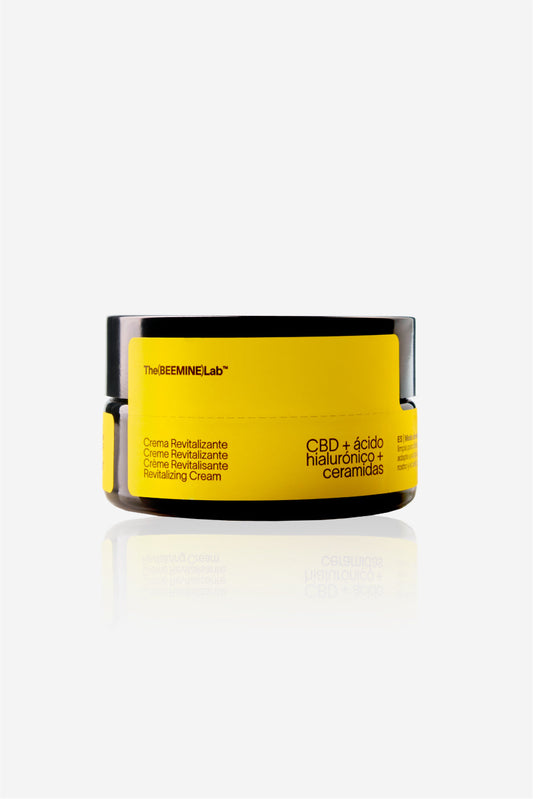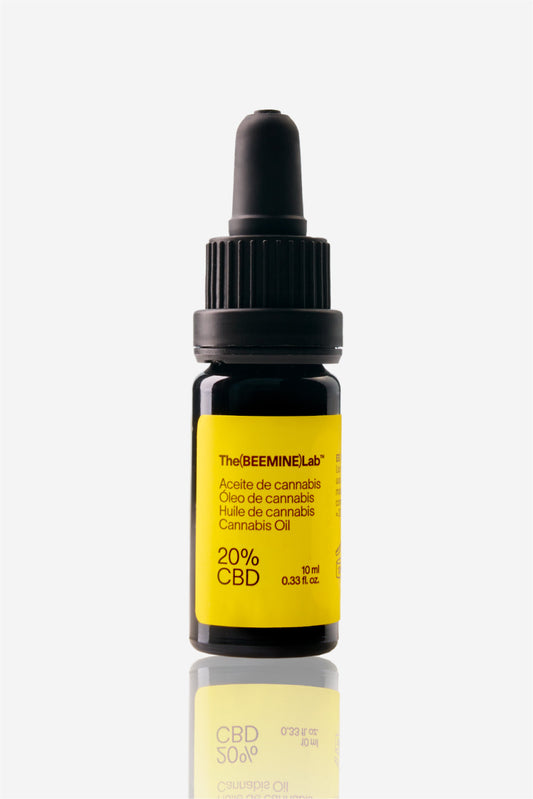What is organic honey?
Flowers, bees and beekeepers play a fundamental role in obtaining organic honey.
Organic honey , also known as pure honey,
is obtained from the nectar of flowers . Bees are responsible for its subsequent collection and maturation in hives.
First of all, we need to be clear about the concept of organic honey and what
its main differences are with conventional honey .
Organic honey
is honey in
which no chemicals are used in the entire production process . In other words, the flowers have no contact with agrochemicals for a long period of time, and the bees and the final product have not been treated with chemicals, medicines, etc.
Interesting facts
Currently
in Spain we have more than
2 million beehives , where more than 70% belong to professional beekeepers, that is,
about 150 beehives per beekeeper.
According to the latest data recorded by (MAGRAMA) the Ministry of Agriculture, Food and Environment, honey production in Spain in 2020 exceeded 30,000 tons , making
Spain together
with Germany the largest distributors of honey in the world, representing more than
50% of exports worldwide.
Furthermore, according to the latest recorded data (2014),
the main honey producing cities in Spain are Castilla y León, Andalusia and Galicia , representing
45.23% of national production.
What is organic honey like?
Organic honey is honey that
comes directly from the hive and has not undergone any chemical alteration during the process , so it maintains all its properties.
Depending on the origin of the honey
, we will have very varied shades of color . The color of honey is directly defined by the origin of the flower nectar. Yellow is the most common color, although we can also find it in different shades, lighter or darker depending on the flower, although there are also multifloral honeys or honeys with
different textures: liquid or more solid, known as
butter honey. 
Difference between organic and conventional honey
If we compare organic honey with conventional honey we can find three major differences, each of which is described below:
-
In conventional honey it is normal to find residues from chemical products, which are mainly used to control common pests that bees have. In organic honey, chemicals are not used; to avoid these pests, natural components from the insects themselves or basic oils are used .
-
In conventional honey , the bee collects nectar from plants that come from crops that are sprayed with pesticides . In organic honey, the beekeeper takes the necessary measures so that the bee collects only nectar from plantations that are free of chemicals and pesticides .
- For the production of conventional honey , the most common way to avoid some common diseases in bees (such as the mite: varroa destructor) is to use medications that end up in the honey. In organic honey, bees are not treated with any type of antibiotic or medication, natural remedies are always used to avoid these common diseases.

Benefits and properties
Basic benefits that you should know about organic honey.
1. It is antibacterial
Due to its high sugar content, it allows the elimination of bacteria through a process called
osmotic lysis . In addition, hydrogen peroxide makes honey a wonderful antibacterial product, being very common for the
treatment of wounds, burns, etc.
2. Effective in treating sore throats
For those days when you wake up with a sore throat or a cough, one of the best natural solutions is to drink an infusion with honey at night or a small spoonful of honey with lemon on an empty stomach, which with
its anti-inflammatory effect will relieve the irritation .
3. Antioxidant
Honey can come in various shades, from almost transparent to black. When
honey has a
dark shade, it means that
it has more calcium and iron phosphate , and is richer in vitamins BC1 and C. Vitamin C in the body acts as an antioxidant, so daily use of dark honey
can benefit the health of your skin .
4. Improves memory retention
Raw honey contains a high level of calcium in its composition. Calcium performs a very important task within the brain, since
neurons use this calcium to send electrical signals , which travel from one neuron to another to spread the message. For this reason, honey
considerably favors an improvement in memory .
5. Improves the immune system and prevents pollen allergies
The main reason why honey is beneficial in reducing allergy levels is that
bees carry pollen from flowers, and this pollen ends up in the honey, creating antibodies that
help reduce allergy symptoms .
In order for organic honey to improve your allergy
, it is important that you consume this product from a source close to where you live . Consume it two
months before spring arrives.
6. Your best friend for sleep
Combined with milk and infusions, honey will become your perfect ally for sleeping.
Honey is a product that has high levels of glucose, which causes the brain
to decrease the levels of a hormone that determines our stages of wakefulness and rest , orexin,
thus facilitating sleep . Next, we will look in more depth at this very interesting benefit of honey.
Organic honey REM phase
Getting quality sleep is essential to regain strength and face a new day.
There are people who have trouble getting a restful night's sleep , which means they always stay in a light sleep phase and
never reach the well-known REM phase.
This phase is unique and
essential for consolidating memories and learning new tasks , both essential aspects of our daily lives.
A simple action such as taking
a spoonful of honey with an infusion or glass of milk before going to sleep will decrease orexin levels before going to sleep, which
will lead to a more intense and deeper sleep.
Where can we find it?
Buying quality organic honey at a good price can be a big challenge, so we want to give you some guidelines on where to buy it.
Herbalists
Herbalists are physical establishments where we can find a large accumulation of medicinal plants and products with ecological components, such as organic honey. They normally offer a large assortment of honeys, where you can choose between different varieties depending on their place of origin and the type of nectar used in their manufacture.
This option usually offers a higher price, due to the longer supply chain than other options we will discuss.
Buy directly from the beekeeper/at source.
Contacting the organic honey producer directly would be the best option if you want to buy honey directly from the honeycomb at the best price. Because you eliminate all the middlemen in the supply chain and buy directly from the source, the purchase price will be much lower than that offered by a herbalist or any physical store that has organic honey.
The main disadvantage of buying directly from the beekeeper is the difficulty of contacting them and the shipping methods they may offer.
E-commerce
The best option when it comes to quality, price and shipping. At The Beemine Lab we offer organic honey and other products made with organic honey and CBD. They also offer competitive prices, since intermediaries are eliminated from the supply chain, and they have shipments in just 48 hours so you don't have to worry about long waiting times and unnecessary trips to physical stores.
Literature
1. Alexis Madriga (December 28, 2007).
“Snorting a Brain Chemical Could Replace Sleep” . Wired News, Condé Nast. Archived from the original on May 13, 2008. Retrieved February 5, 2008.
2.
The Role of Honey in Morphophysiological Processes of Wound Repair. Carolina Schencke, Bélgica Vásquez, Cristian Sandoval, & Mariano del Sol . SciELO Chile collection, accessed on 06/01/2021.
3.Valeria Edelsztein (2011). Grandma's remedies, myths and truths about home medicine (science that barks collection). Siglo XXI.
ISBN 978-987-629-179-8.
4.Steriade, M. (2005).
«Sleep» . eLS.
doi:10.1038/npg.els.0004059 . Retrieved December 27, 2016.
5.Mijanur-Rahman, M., Gan, SH. & Khalil, MI. (2014). Neurological effects of honey: current and future perspectives. Evid Based Complement Alternat Med. 2014:958721.
6. Ministry of Agriculture, Food and Environment (MAGRAMA) 2016









